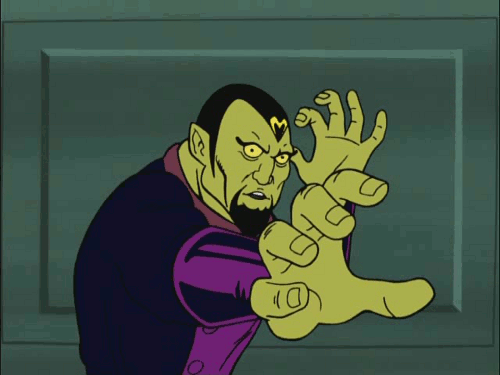|
This may be old news to the history buffs (and professionals) on the site.
I've just read a short but very, very interesting book. Inside the Soviet Army, by "Viktor Suvorov". This is an alias; he was an officer in the GRU (Soviet military intelligence) who defected to Britain. Some of Suvorov's more recent work as a historian is controversial, but I don't know of anyone who disputes his account of Soviet organization and tactics. (Another book, Inside the Aquarium, details his time in the GRU, including his stint with Spetznaz. It's a very fun read.) Short and very well-written; I plowed through each in a night. I'll mostly talk about the first book.
The book is rife with hard, specific details of the 1970s-era Soviet military machine. Obviously of interest to modern gamers, but I think that Imperial Guard players need to take a very hard look at this book for ideas. I was going to go through some of the things I spotted, but I'll just give you a taste for now:
"When I lecture to Western officers on tactics in the Soviet Army, I often close my talk by putting a question to them-always the same one-in order to be sure that they have understood me correctly. The question is trivial and elementary. Three Soviet motor-rifle companies are on the move in the same sector. The first has come under murderous fire and its attack has crumbled, the second is advancing slowly, with heavy losses, the third has suffered an enemy counter-attack and, having lost all its command personnel, is retreating. The commander of the regiment to which these companies belong has three tank companies and three artillery batteries in reserve. Try and guess, I say, how this regimental commander uses his reserves to support his three companies. `You are to guess,' I say, `what steps a Soviet regimental commander would take, not a Western one but a Soviet, a Soviet, a Soviet one.'
I have never yet received the correct reply."
Take a moment and think about that one. The answer would be immediately obvious to any colonel of the Imperial Guard (or his Commissar!)
"Yet in this situation there is only one possible answer. From the platoon level to that of the Supreme Commander all would agree that there is only one possible decision: all three tank companies and all three artillery batteries must be used to strengthen the company which is moving ahead, however slowly. The others, which are suffering losses, certainly do not qualify for help. If the regimental commander, in a state of drunkenness or from sheer stupidity, were to make any other decision he would, of course, be immediately relieved of his command, reduced to the ranks and sent to pay for his mistake with his own blood, in a penal battalion."
There's a lot more, but this is a book that's easy to find on Amazon, cheap, very fast to read, and really, really good at putting you into the mindset of an IG general officer. I suspect I've just discovered what many of you already know, but it's worth mentioning.
|






 Remember, the West/US/NATO defeated Soviet "Proxy" armies in the Middle East, trained and equipted by the USSR. [ Of course those Middle East armies were not as capable as the Soviets] I prefer to learn what the enemy does, and use US/NATO tactics and techinques ... to defeat him. I'm a very old Cold War Warrior ...
Remember, the West/US/NATO defeated Soviet "Proxy" armies in the Middle East, trained and equipted by the USSR. [ Of course those Middle East armies were not as capable as the Soviets] I prefer to learn what the enemy does, and use US/NATO tactics and techinques ... to defeat him. I'm a very old Cold War Warrior ...  Old habits die hard ...
Old habits die hard ... 
 I use US tactics and techiques when deploying my IG and SM forces ... and pretty much all my 6mm Sci-fi forces for that matter. I like when gaming to see the other side using USSR type tactics ... The USSR has a predilection to take heavy losses in offensive ops ... I try to increase those losses ...
I use US tactics and techiques when deploying my IG and SM forces ... and pretty much all my 6mm Sci-fi forces for that matter. I like when gaming to see the other side using USSR type tactics ... The USSR has a predilection to take heavy losses in offensive ops ... I try to increase those losses ... 


